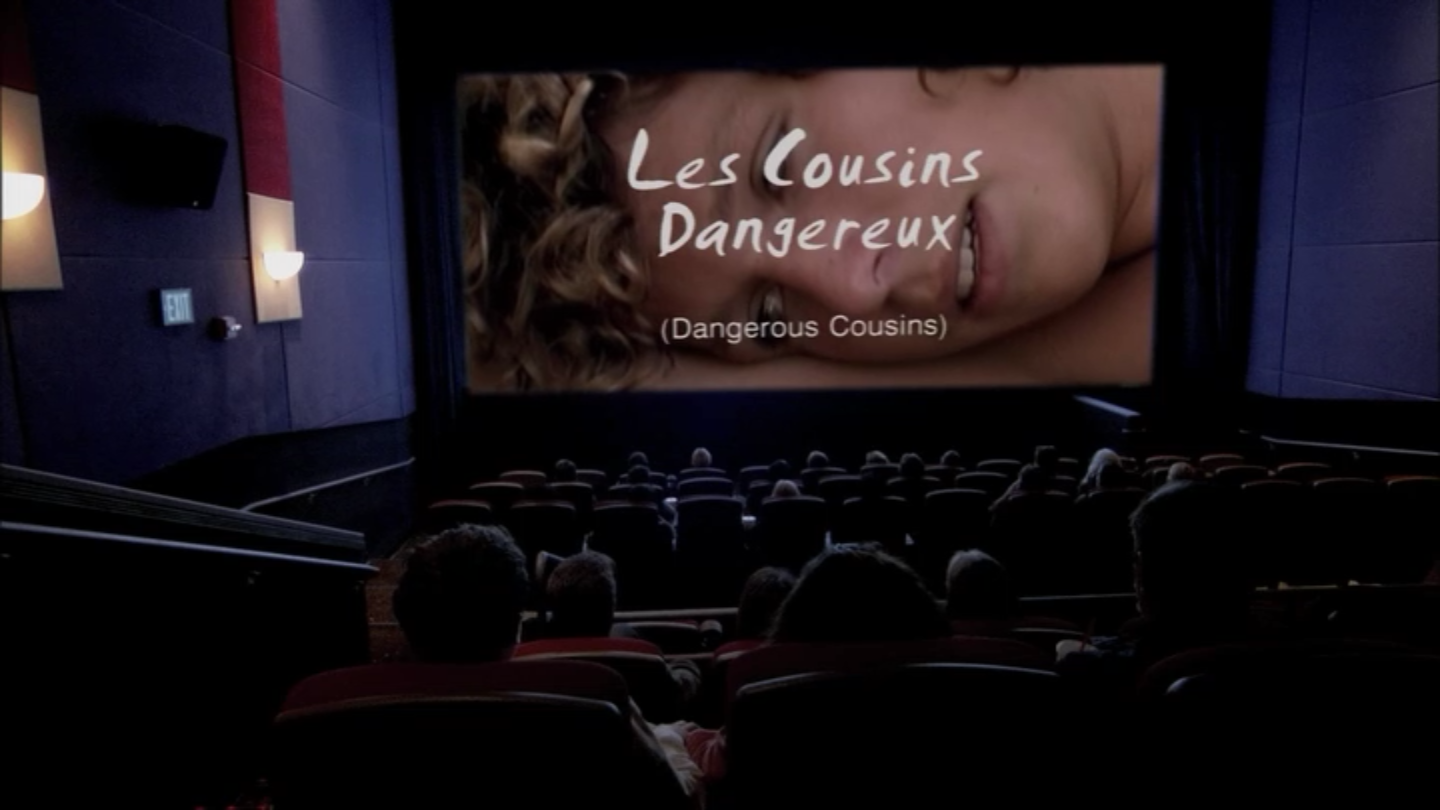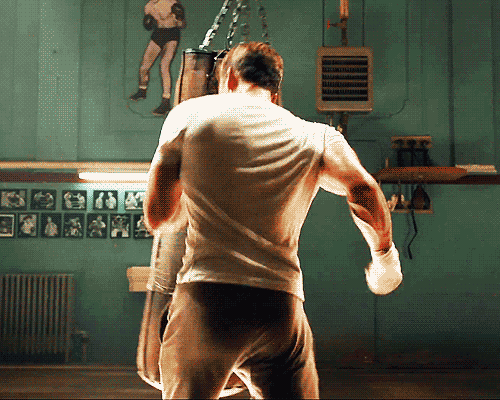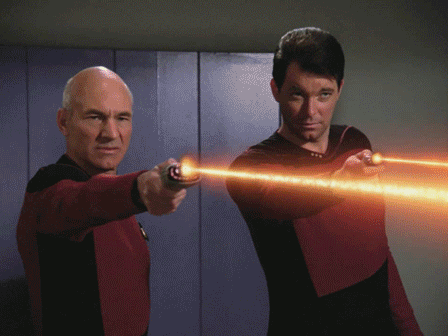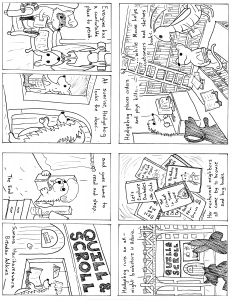In April my friend Russ Gilman-Hunt died. He was one of the first four people who worked at my job with me. He was funny, kind and clever. He was not very much older than me, but he had a deadpan world-weary affect and a quiet warmth that made him seem like everyone’s dad. I wish I had known him better, but most of his life was outside work, with his wife and two children and his community in the SCA. I wish they still had him.
In May I lost the job where I had worked with Russ, as did a number of my colleagues. I have a lot of support from people who care for me, and I am lucky in my socioeconomic class; that has allowed me to inform myself that this is an opportunity, more than a setback. (I have done so often and stridently.) I will probably have a new job soon. I like working, if not always working terribly hard. I hope I can make that work amount to something good.
It sometimes feels like the only things I write here are podcast show notes and epitaphs. I haven’t allowed myself much time to work on podcasts in the last month; hunting for what I perceive as a replacement means of survival has meant little available concentration for creative work. So this goes in the epitaph category. Sure wish there were fewer of those.
I didn’t always love my old job but I always liked it, and I took comfort in the idea that I was cultivating a good place to bring in new people and help them excel. I wanted to contribute patches to the leaky pipeline. I think Russ did too. I don’t know how much of that we managed. Some of the people I patched in got laid off with me. I’d say we did what good we could while seeing to our own survival, but. Well.
A job that you treat like just a job is, eventually, just a job. I want the work of my life to be more than that. Maybe in seven more years—if, God forbid, this WordPress install is still operating—I’ll tell you how that’s going.
In February I got an email from my old laptop, and then another, both suggesting that it was in Germany. I had not seen that laptop since it left the back of my car through a shattered window in 2010. The home page of its default browser, at the time, happened to be one I controlled and that was not linked anywhere else, so I told that page to blare alarms and notify me when and whence it was requested. It took seven years for that to (probably?) happen. I wonder if someone actually has that laptop, in more or less the same crumbling shape it was when it vanished. I wonder how well they read English, and what they can find out about me if they dig around on it. Surely nothing worse than the things I’ve written here myself.
I guess what I am doing here is reflecting, which is to say, looking for myself in a flawed surface. I started writing online in part because I wanted attention and in part because I already knew that my built-in memory could not be trusted to retain my life. My pipe is too leaky. All pipes are too leaky. Among my driving fears is the idea that anything I lose is lost forever, and that history unminded is a black hole, a /dev/null, a point of no return.
But to really believe that is to assert that I know the future, which is presumptive: the future and I have never met. Sometimes a setback is an opportunity. Sometimes the past writes you an email. Sometimes a kid whose dad dies grows up a whole person anyway. Even black holes leak back.







